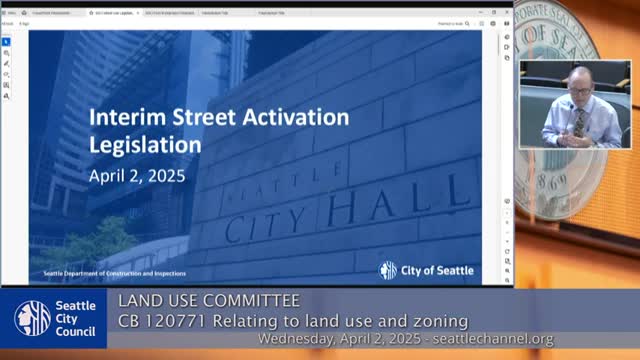Article not found
This article is no longer available. But don't worry—we've gathered other articles that discuss the same topic.
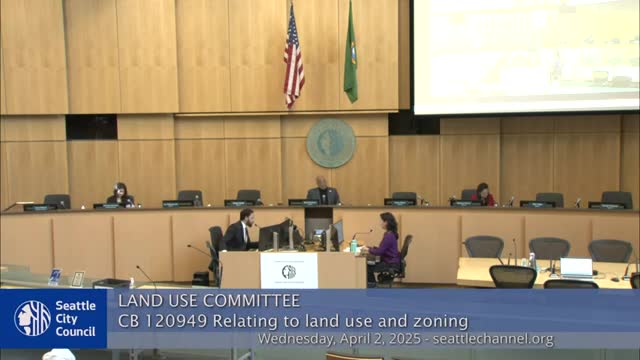
Committee reviews ADU compliance bill to align Seattle code with state law; follow-up on FAR and HB 1110 reconciliation expected
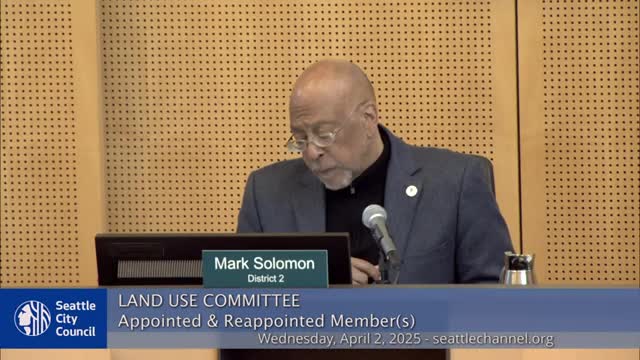
Committee confirms five nominees to Seattle’s Urban Forestry Commission
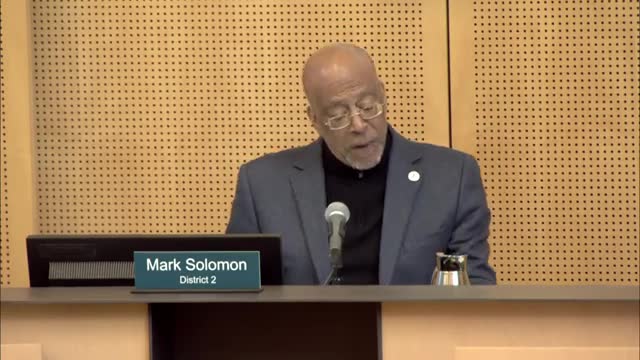
Committee recommends conditional approval of University of Washington Medical Center Northwest master plan
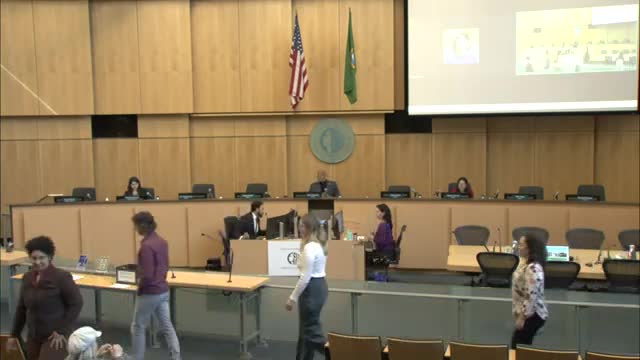
Committee recommends rezoning in Greenwood/Fremont to allow 53 low‑income units; one tree removal noted
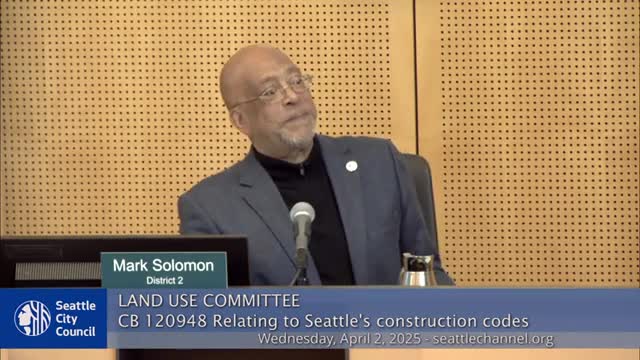
Committee discusses permit‑extension bill to help stalled projects, defers final action
